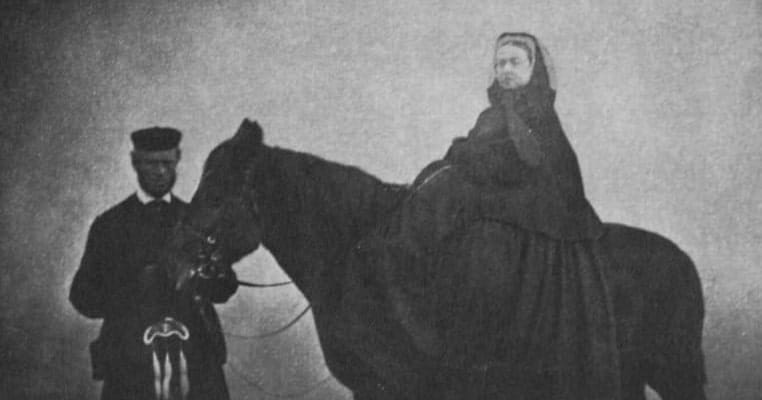In an era of unbridled patriarchy, when women were advocating passionately for the right to vote, Queen Victoria was such a formidable figure that an entire period is named after her: the Victorian age. When we think of Victorian England, Victorian houses, or the Victorian style, we tend to think of the elegant, Gothic style that was characteristic of her time.
Beyond the elegance and the formidability, though, lay a rather bizarre woman who tediously planned out her funeral, complete with some rather strange items that she wanted in her coffin.


